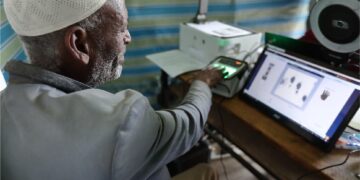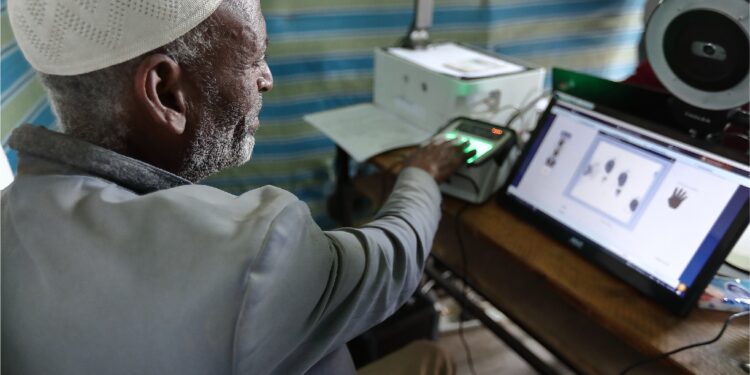By Emmanuel Nduka Obisue
The World Bank has called on the Ethiopian government to accelerate telecom reforms and open up the sector further to boost digital inclusion and economic growth.
In its Ethiopia Telecom Market Assessment Report, the Bank urged urgent policy and regulatory action to unlock the full potential of the country’s telecom industry, which it said plays a vital role in GDP contribution, employment, and tax revenue.
The report noted progress since the partial liberalization of the sector in 2018 but warned that “the reforms must be accelerated in order to obtain more meaningful results”. It also stressed the need to level the playing field between state-owned Ethio Telecom and Safaricom Ethiopia, which entered the market in 2021 after paying $850 million for a license.
According to the Bank, reforms so far have delivered gains such as a surge in mobile money services, mobile subscriptions doubling from 44.2 million in 2018 to 87.6 million in 2024, establishment of an independent regulator, new internet service provider licenses, and infrastructure-sharing agreements.
Despite this, it said the government must “relax some of its control over Ethio Telecom” and ensure equal regulatory treatment for all operators. It also urged authorities to consider allowing a third operator to stimulate competition and innovation.
The report further recommends “more open access to shared telecoms infrastructure by putting in place a cost-oriented pricing” system and developing new cost models and interconnection agreements, noting that infrastructure-sharing is boosting connectivity elsewhere in Africa.
While acknowledging progress, the Bank observed that Ethiopia’s digital divide remains wide, with more than 40 million citizens still lacking 4G coverage, alongside slow broadband speeds, pricing wars, and investment constraints.
Ethio Telecom continues to play a central role in the country’s digital transformation, especially through the rollout of the Fayda digital ID, a key element of the Digital Ethiopia 2025 strategy and the 2025–2030 Digital Government blueprint.
The report noted that further government reforms could strengthen the telco’s contribution to the digital economy. It also highlighted the success of Ethiopia’s MESOP digital government platform, which now hosts over 900 services.




































